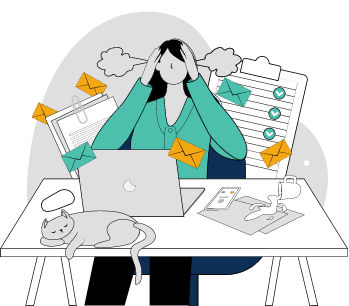Listen to this episode
On this episode
Dr Karen Forshaw and Chrissie Mowbray join us to discuss how our core beliefs shape the way we respond to situations. When taken too far, empathy and helping people can be a big cause of stress. In addition, we also talk about we can learn to reframe and reassess their core beliefs.
If you want to know how to help people without absorbing their emotions, stay tuned to this episode.
Show links
Connect with Chrissie: LinkedIn I Bell Lane Physiotherapy
Develop resilience with Resilient Practice! You can also follow them on Facebook and Twitter.
How to Rise: A Complete Resilience Manual by Dr Karen Forshaw and Chrissie Mowbray
Registration for Summer 2022 is now open at the Shapes Toolkit. There are also a few slots left for Spring 2022.
Get your free THRIVE Weekly Planner!
Reasons to listen
- Understand the connection between people-pleasing and stress triggers.
- Discover how to care less about what others think, so you can do a better job and feel fulfilled.
- Learn techniques like shadow work and develop a beginner’s mind for a happier life.
Episode highlights
What’s Happening in the Healthcare Industry?
How Core Beliefs Affect Us
What Really Causes Stress
How We Develop People Pleasing
How to Respond to Complaints
Stop Absorbing People’s Emotions
How to Turn Empathy to Compassion
Link Between Triggers and Shadow Work
How to Know What You Need to Work on
Develop a Beginner’s Mind
How to be Free from Triggers
How to Do Inner Work
Chrissie and Karen’s Tips
Episode transcript
Dr Karen Forshaw: If how you feel is dependent on somebody else, then you have no power over your own feelings, which therefore means that you are at the mercy so you can be as nice as you like, but you could do whatever you like. But if that person still chooses to think that you’re not good enough, is that how you want to be? Do you want your feelings of self worth to be defined by other people? Or do you want to define them for yourself? Dr Rachel Morris: Are your feelings of self worth and self-esteem…










